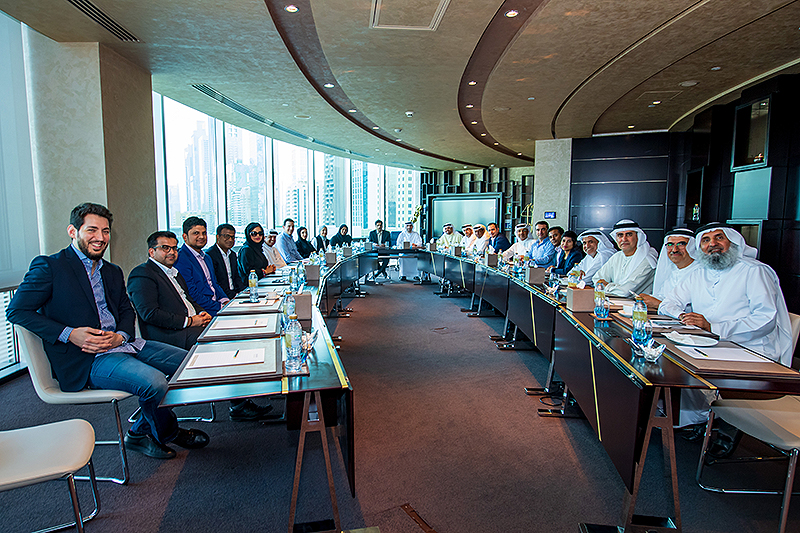CIO Majlis discusses impact of automation on education and changing job roles

In its latest session event, CIOMajlis welcomed Mohamed Arab from open-learning portal, Udacity, to its podium. The GCC and Levantine Head of Enterprise Partnerships explored the topic of lifelong learning and how it can shape the ideal well-rounded citizen of tomorrow.
Hosted on 25th of July, the monthly conference gathers renowned speakers, notable industry players, and prominent Chief Information Officers from across the UAE. Examining and debating a range of current industry-specific themes, this month’s topic explored self-empowerment through lifelong learning.
Commencing with a brief history lesson, Arab walked the audience through the 1700s, a time period that restricted education to the elite. The 1800s saw the education system evolve, witnessing the formation of cohorts and the middle class. This system remained static for 150 years and the introduction of Massive Open Online Courses MOOCs in 2006 further transformed the education scenario.
With the dawn of the fourth industrial revolution, the global and regional job market are expected to be disrupted by pressing factors like job automation, increased connectivity and accessibility to information, and big data and processing power. With an estimated 800 million jobs worldwide at risk of being automated by 2030, diversifying one’s skill set is imperative in the rapidly evolving 21st century.
Citing a 2016 report published by the World Economic Forum, the UAE possessed the largest population of highly skilled professionals in the MENA region. In order to maintain this momentum on an international platform, Arab proposes restructuring the traditional educational system, both nationally and globally. The Ministry of Education in the UAE is already preparing its youth to embrace new skills.
Schools are gradually introducing contemporary modules into elementary school curricula. New-age subjects like design and technology have been incorporated into syllabi from the third grade onward, in anticipation of future skills-in-demand.
Additionally, the UAE is also bringing the best out of its students with endeavors like the National Internship and Summer Jobs program and the 1 Million Arab Coders Initiative. Through this, it hopes to invoke a sense of proactive curiosity in its youth.
“It is not an intellectual barrier that prevents most people from committing to lifelong learning, it is an emotional one. It takes approximately 20 hours to become good at something,” Arab said. “If you can practice the self-discipline to commit to mastering a new skill for 45 minutes a day, for 30 days, you’ll surprise yourself.”
The CIOMajlis initiative is in line with the National Innovation Strategy launched by HH Sheikh Mohammed Bin Rashid Al Maktoum with the goal of making the UAE the world’s most innovative country by 2021. It functions as a thought leadership platform and networking hub for Senior Technology Executives to swap industry knowledge, explore business solutions, and share experiences.




